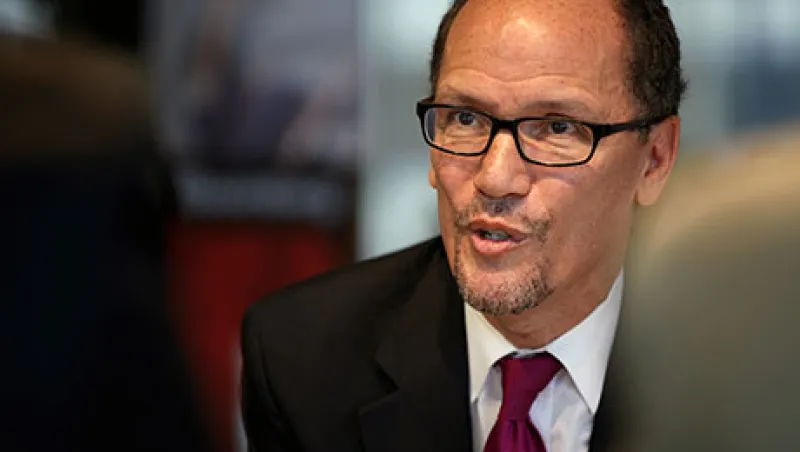
A Journo’s Take on the Fiduciary Standard Rule 2.0
The U.S. Department of Labor’s latest move to prevent conflicts of interest by stockbrokers and insurance agents selling retirement products stands to shake up the industry.
Frances Denmark
April 17, 2015


